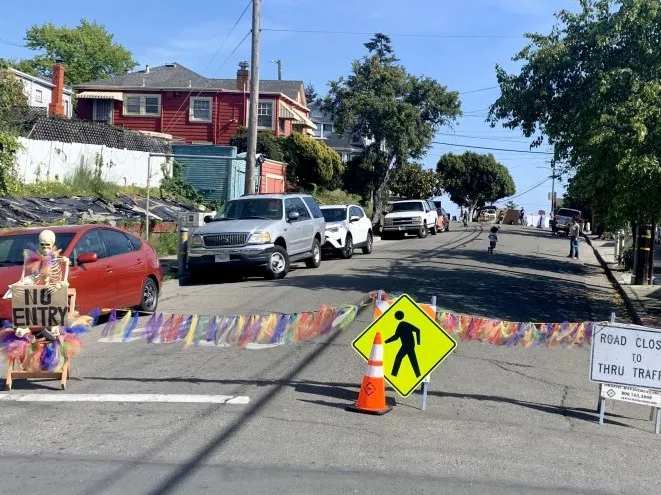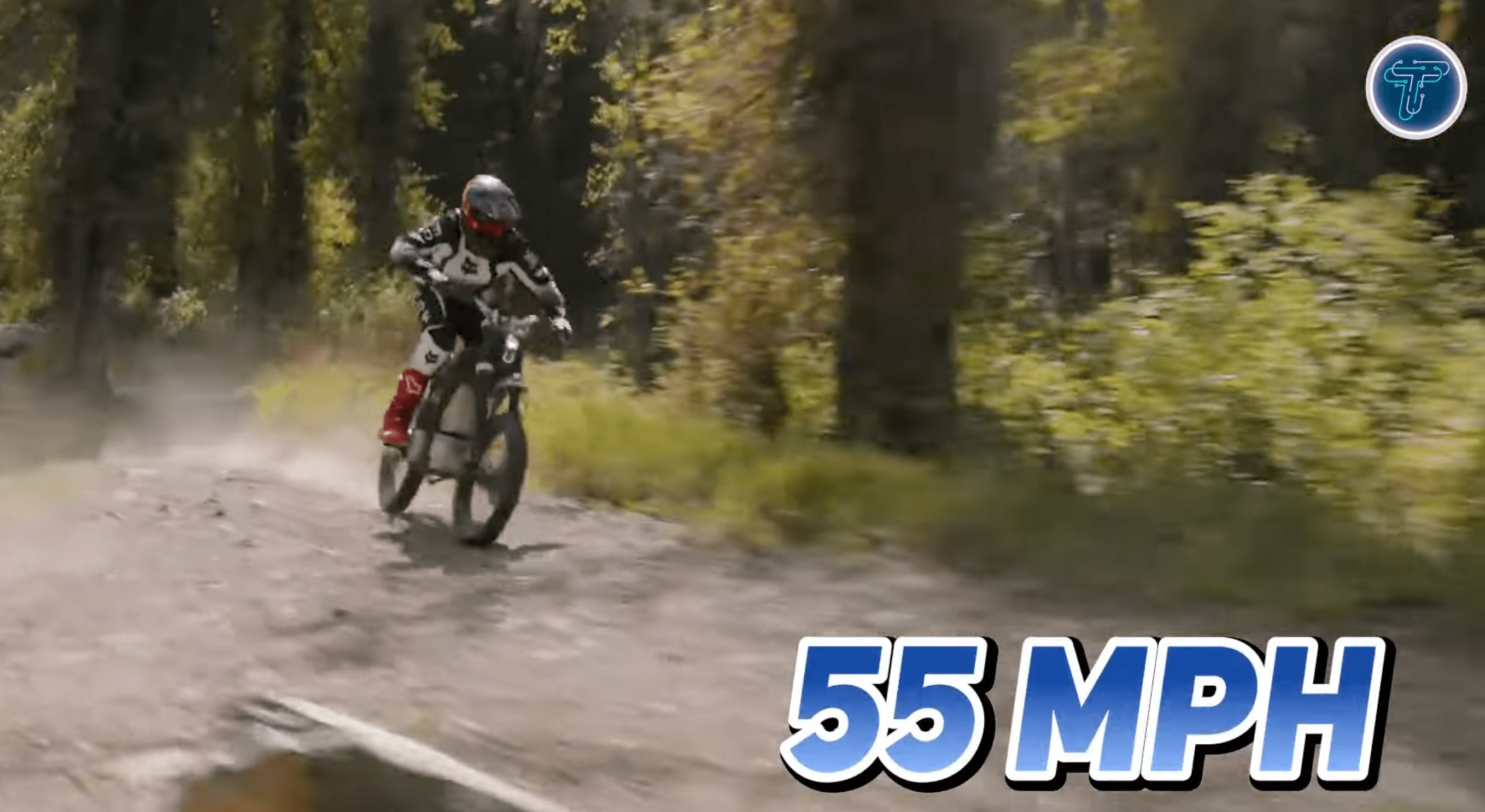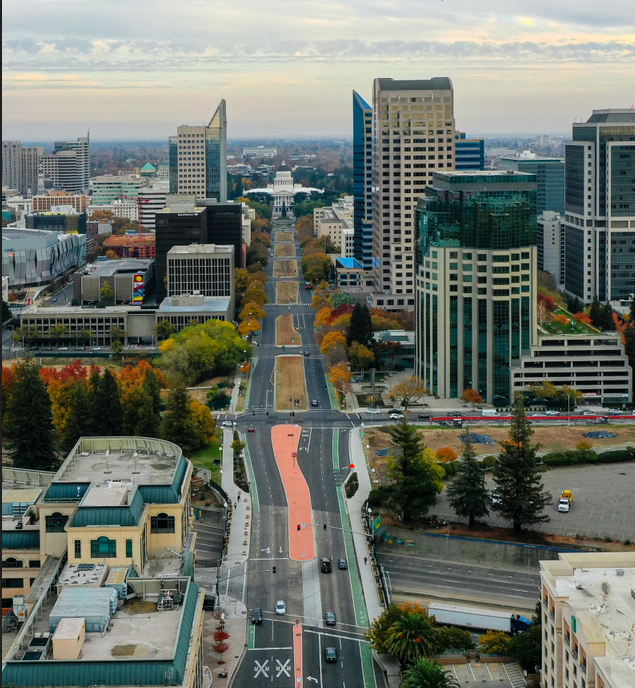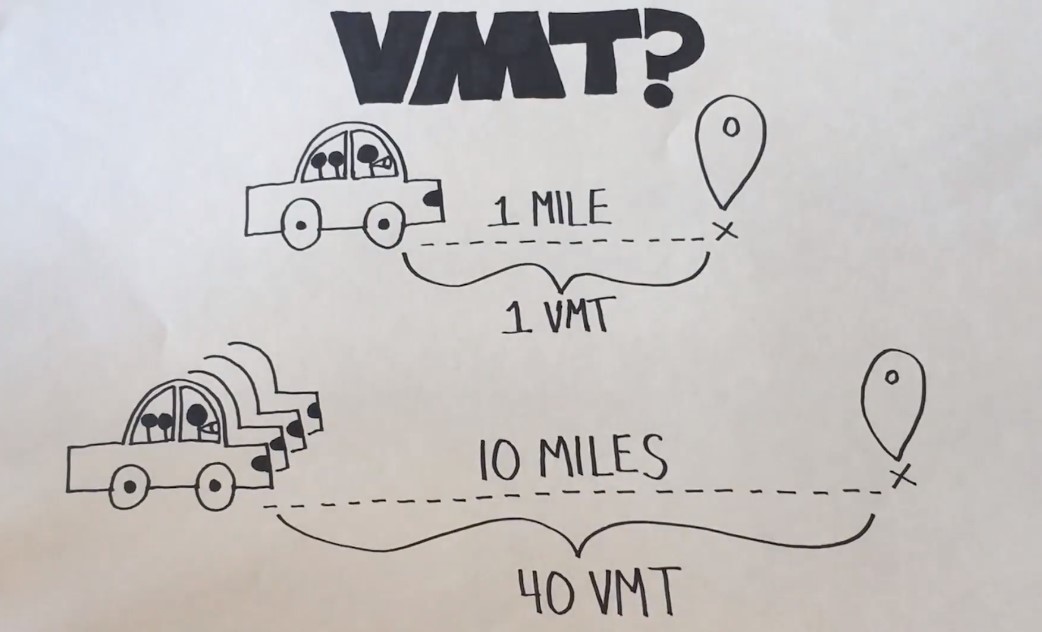Note: GJEL Accident Attorneys regularly sponsors coverage on Streetsblog San Francisco and Streetsblog California. Unless noted in the story, GJEL Accident Attorneys is not consulted for the content or editorial direction of the sponsored content.
Oakland now has eight street sections closed to through traffic as part of its 'slow streets' program to give people who are sheltering in place enough room to get out and exercise safely during the COVID-19 lockdown. As seen in the lead picture, residents on Brookdale, one of the streets, juiced up the city's efforts after some motorists ignored the official signs. Bike East Bay's Dave Campbell and local resident 'Katie' tweeted about it below.
It’s our block - glad we can all appreciate it. 😊(FWIW, we did it out of necessity. Cars were ignoring signs placed by the city, speeding down even with sight of children on the street.)
— Katie (@_academicyogi_) April 20, 2020
As Streetsblog reported previously, collaboration between the city and local neighbors was always part of the plan in this effort to reclaim some street space during a period when traffic volumes are way down. As noted, Oakland wants to roll out 74 miles of 'slow streets' on residential streets throughout the city, using this kind of light-touch, neighbor-and-volunteer-enhanced approach.
As far away as New York, the efforts of Oakland's DOT are being watched with interest. So it's no surprise that advocates and lawmakers who support the safe-and-livable streets movement in other Bay Area cities are pushing for Oakland-type plans.
Emeryville takes it up a notch
Oakland's tiny neighbor Emeryville gets the prize for not just emulating 'slow streets,' but going even further. Streetsblog spoke with Emeryville Councilperson John Bauters this morning--and, by leveraging a proposal to close parts of Doyle Street to cars that was already in the works, that city started this today (see pic above and posting below):
Let's hope other cities start a race to see who can do the most to make neighborhood streets livable again. So far, Oakland gets the award for simplicity and breadth. And Emeryville gets the prize for scrappiest.
Meanwhile...
Alameda advocates want in too... and they've gathered nearly 400 signatures
Safe-streets advocates with Bike East Bay and Bike Walk Alameda are gathering signatures in support of Oakland-style 'slow streets' as well. "We will be submitting the results of our petition to City Council today for review before tomorrow's City Council meeting," wrote Bike Walk Alameda's Pat Potter, in an email to Streetsblog.
From the group's petition page:
Help us open up the streets to bicyclists, walkers, and joggers by supporting our petition to City Council to close select low-traffic streets to thru traffic. Emergency vehicles, deliveries, and local residents will have uninterrupted access.
The National Association of Transportation Officials have created guidelines for cities to temporarily re-arrange streets during the pandemic and Bike Walk Alameda wants their city to follow them. The group is also asking the city to remove parking on business streets to allow pedestrians to spread from the city's narrow sidewalks to maintain six feet of space.
Be sure to sign the Bike Walk Alameda petition, which was just a few signatures away from reaching it's goal of 400 signatures when Streetsblog last checked.
Berkeley advocates also have a petition
Berkeley advocates are also circulating a petition for slow/open streets, and have "...collected over 500 signatures in support of our proposal to close bike boulevards to through traffic so people have more space to walk and bike with physical distance. We have 250 volunteers ready to help the city with implementation," wrote Walk Bike Berkeley's Ben Gerhardstein, in an email to Streetsblog. "We are encouraging the City to move forward quickly. People are out on Berkeley streets dodging fast-moving cars while also trying to give fellow pedestrians and bikers at least six feet - it's dangerous, especially for children, seniors, and people with disabilities."
Disappointingly, "During a townhall update on Saturday the city manager reported that the city is still investigating whether/how to do it with the help of volunteer community members," he added.
Didn't Oakland do that for them? Drop some signs and put up some notices.
Meanwhile, some Berkeley residents are taking back some street space on their own:
And back in the West Bay...
San Francisco has closed the Great Highway to motorized traffic, as seen in this picture taken over the weekend by Walk San Francisco's Marta Lindsey:
It has also closed Twin Peaks Boulevard to cars. And, as the San Francisco Chronicle reported earlier this month, residents on Tiffany Street in the Mission have taken their street back independently of any city mandate.
However, the city spurned attempts to close JFK Drive in Golden Gate Park to motor traffic. And when it comes to neighborhood streets, Oakland is still putting San Francisco to shame. "We continue to push for the creation of more car-free spaces so there’s adequate room to walk with social distancing," wrote Walk San Francisco's Jodie Medeiros, in an email to Streetsblog. "Our top priority is in the Tenderloin and Chinatown, where sidewalk space is urgently needed for people to safely access essential needs."
Streetsblog checked in with Mayor London Breed's office to see if anything is in the works for local, neighborhood streets. For now, the Mayor's transportation adviser, Paul Supawanich, would only confirm that the idea of following Oakland's lead "is being discussed."






